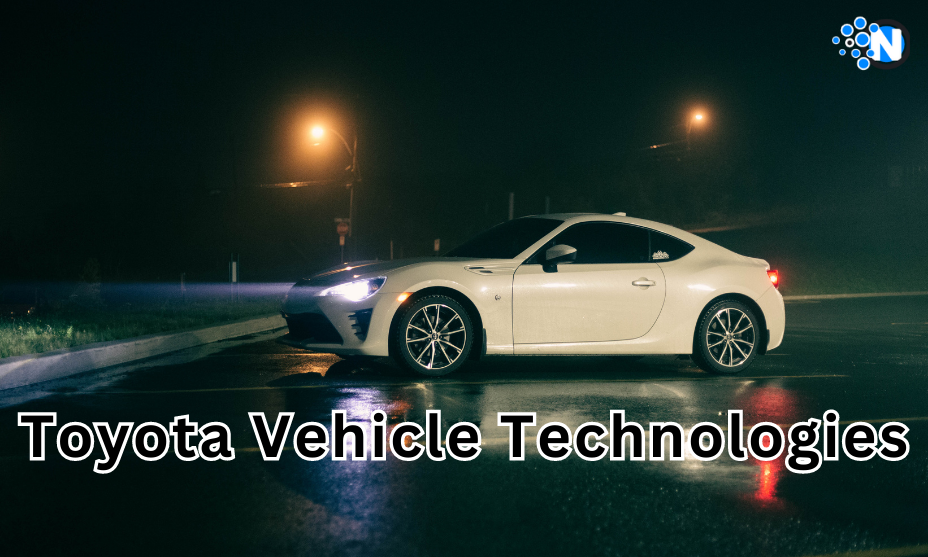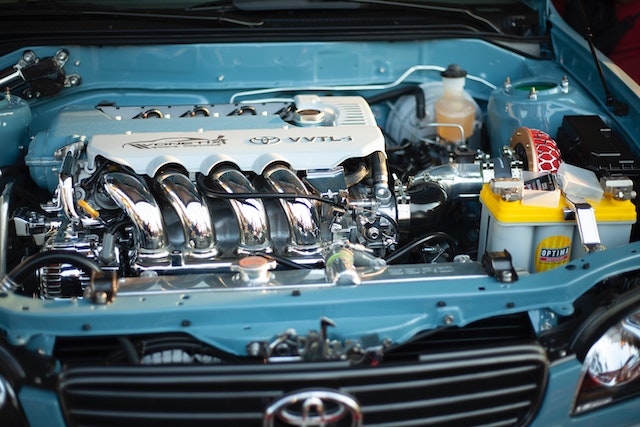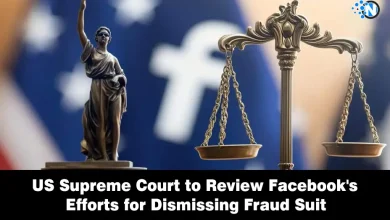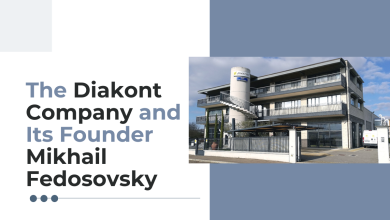The Launch of New Toyota Vehicle Technologies 2023

Koji Sato
To move the automaker into the modern era, Koji Sato, who was recently elected to the role of CEO at Toyota, is tasked. Has the company gone far enough since announcing on Friday that it would ship 10 new EV models and sell 1.5 million of them by 2026?
Toyota successfully defended its position as the largest automaker in the world against Volkswagen for the third consecutive year in 2018 by selling more than 10.5 million vehicles. The manufacturer is also well known for its large dealerships and brand workshops chain. The reliability of its genuine parts are one of the most trustable on the auto market. Visit https://sts-global.com/toyota-parts for more information on a dependable source of genuine Toyota parts supply.
Toyota:
Toyota is known for being a pioneer in the field of hybrid technology and has more than 20 years of experience in it thanks to the introduction of the first Prius. Despite this, the automaker has struggled to make the switch to fully electric, zero-emission vehicles.
The 66-year-old grandson of the company’s founder, Akio Toyoda, was one of the most vocal opponents of investing heavily in electric vehicles. He said in January that he would leave his position “to advance change at Toyota.”
The supply chain for reducing emissions has become one of the least developed as a result of the manufacturers’ feeble attempts to create electric vehicles with no emissions, making it the focus of environmental activists worldwide.
The next CEO of Toyota is Koji Sato, a former chief branding officer for Lexus. Now that newly elected leader Sato was in charge, many individuals thought the firm could and should take a different direction before it was too late.
In February, Sato declared that he would step up Toyota’s efforts to develop electric vehicles (EVs), with nearly religious vows to do so when he assumed leadership this month. Toyota plans to introduce ten new electric vehicle models by 2026 and sell 1.5 million units.
In a press release he released last Friday, Sato described the new organizational structure he intended to introduce as well as his goals for Toyota’s future.
In his remarks, Sato said, “We want to protect the beautiful Earth and enrich the lives of people all around the world,” and he went on to explain:He asserts that if we want the vehicle to continue to play a significant role in society, we must make important adjustments to its future.
It has committed to becoming carbon neutral throughout the entire life cycle of its vehicles in order to achieve this goal, but not before 2050.
Toyota Electric Vechicle:

Toyota has established intermediate targets to reduce the amount of carbon dioxide emissions produced by its global vehicle sales by 33 percent by 2030 and by more than 50 percent by 2035, commencing with the year 2019.
Despite the fact that it already has the potential to do so, Sato claims that the automaker would “invent new electrification” as its first action.
Toyota’s executive vice president Hiroki Nakajima explained the company’s new electrification strategy, outlining how it will produce 10 new battery electric vehicles by 2026 and generate 1.5 million electric vehicle sales annually.
Toyota hinted that it might be working on a new electric vehicle platform after bragging that its next generation of battery electric vehicles (BEVs), which will be “entirely different from those today,” will double their driving range.
In an effort to cut costs, the Japanese automaker is copying yet another tactic from Tesla’s playbook. The business is focussing on increasing manufacturing productivity by implementing automated procedures.
In the interim, Toyota is still pursuing its “multi-pathway approach,” which includes creating hybrid and fuel cell vehicles.
In order to increase the electric vehicle’s range to more than 124 miles (200 kilometers), Toyota has stated that it will increase the efficiency of the batteries present in its plug-in hybrid automobiles. Toyota is aiming for mass production of hydrogen fuel cell vehicles, with a focus on commercial vehicles.
Even while 1.5 million electric vehicles might seem like a lot, Toyota sold over 10.5 million vehicles in 2022, so even that number would represent less than 15% of overall sales.
In contrast, Tesla sold 1.3 million all-electric vehicles in 2018, with a record-breaking 422,875 vehicles delivered in only the first quarter.
The Boss has Already Spoken
Toyota is sticking to a modest objective despite boasting that its bZ campaign is bringing it “Beyond Zero” when several other automakers have already reached double-digit EV sales or even 100% of their overall sales.
A number of automakers, including Volvo, Mercedes, Jaguar, Cadillac, Rolls Royce, and Alfa Romeo, have stated that they intend to switch to all-electric models by the year 2030. By the year 2030, Ford, General Motors, and Stellantis have also established a goal of having 50% of sales come from electric vehicles.
Despite the fact that last month 54 consumer and environmental groups addressed Toyota CEO Sato Sato in an open letter urging him to modify the company’s future (including phase out hybrids and plug-in hybrids), Sato has made it clear that pressure groups cannot sway him.
Conclusion
Despite the costs, Toyota appears to be moving on with Sato’s business goal. or the degree of dispute. Only if the Toyota Board of Directors votes to fire Sato at some point in the near future is it feasible for this to alter. And that seems highly improbable with Toyota shares rising. However, Wall Street has a penchant for surprising CEOs of the car industry. They are on top of the world one second, then crash and burn the next. And no one can recall their name. Therefore, the market for a consistent supply of genuine Toyota parts is being watched closely by smart money as the most trustworthy indicator of the company’s future.




